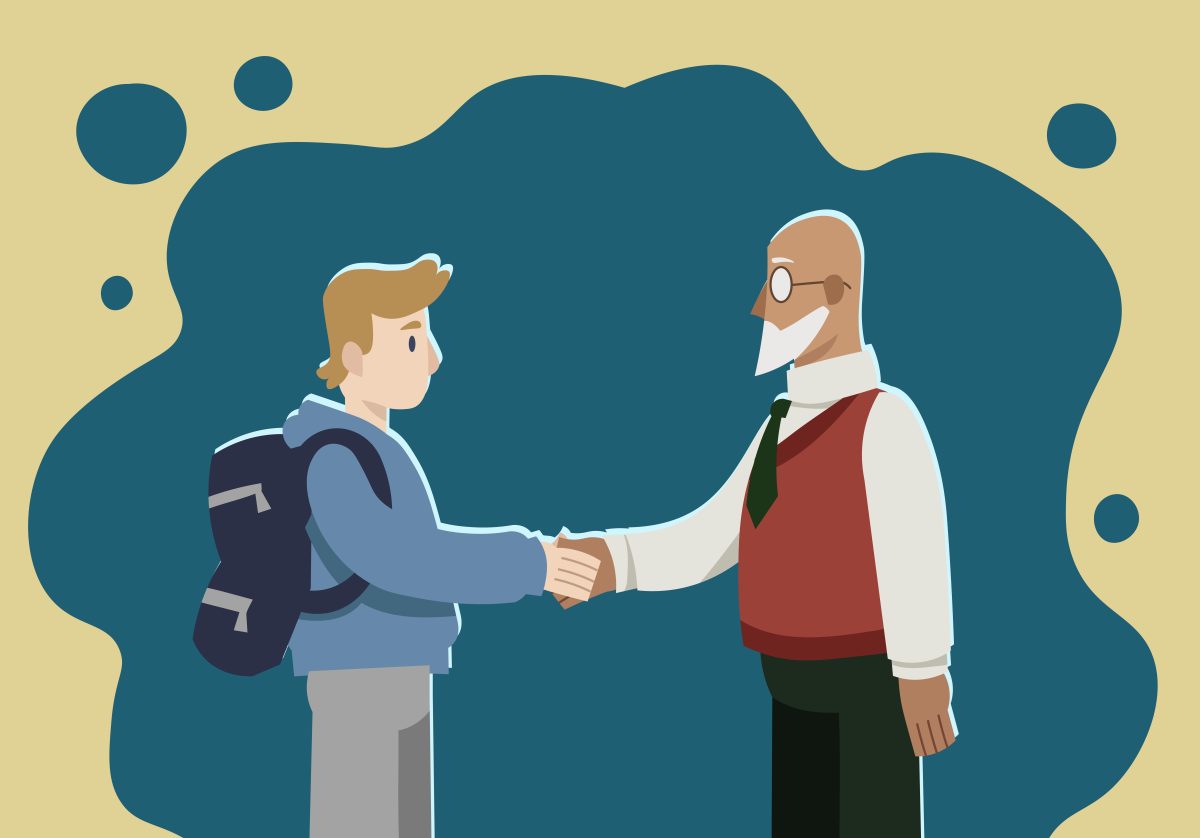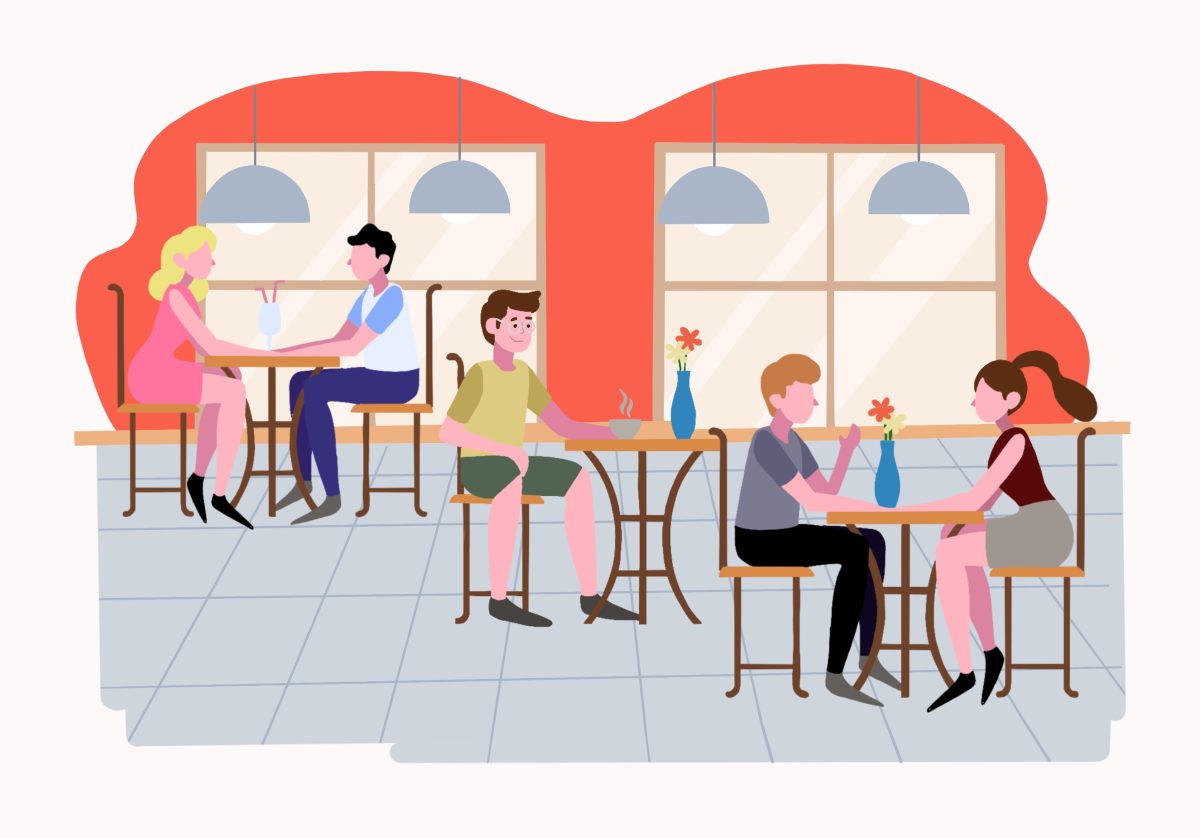In the wake of the Cambridge Analytica scandal, it’s time we all pay more attention to the information we give out online.
It might seem harmless to give permission to Facebook quizzes or games or to comment on a post that asks for the name of your first pet and your childhood street address so you can get your rapper name, but the potential harms far outweigh the momentary distraction. This kind of information is commonly used for account security questions, and giving permission to apps and games can allow third-party companies to search your phone for more data, including your friends’ and family’s contact information.
Using cookies, companies can track internet users across websites and learn personal information, from age to income to allergies, to create a terrifyingly accurate and in-depth online ID. The information can be harvested for advertising or for influencing political races.
We might value our personal information — in fact, nearly 74 percent of people in the U.S. believe it’s “very important” to be in control of their personal information, according to Pew Research — but most don’t act in accordance with this belief. Despite the fact that young adults are actually most likely to use strategies to reduce their online visibility (like clearing cookies and history, deleting posts, using temporary email addresses), a study at MIT found that 98 percent of students at their college gave away their friends’ emails when promised free pizza, and 94 percent gave up the emails without any incentive at all.
In lieu of selling out our friends for hypothetical pizza, we should be better about valuing online privacy and putting those values into practice. While putting yourself at risk online is almost impossible to avoid, there are ways to protect your privacy. It’s something to be taken seriously because being careless online puts other people at risk; you’re not the only one who might suffer the consequences.
So, how can you take precautions? Use a password manager like Zoho Vault or LastPass, instead of relying on easy passwords you can learn by memory. Block third-party cookies on your web browser. Use a method to block trackers, like EFF’s Privacy Badger browser extension. VPN solutions, like TorGuard, also protect online anonymity by hiding your IP address and your traffic. And maybe the option that’ll change your life the most: deleting social media accounts. If you’re not ready for that drastic of a change, start by making your accounts private and turning off photo tagging. You can also look online for ways to hide your profile from search engines.
Protecting our privacy online is only going to become a more central and visible issue as our society becomes increasingly digitized and Internet-dependent. Being proactive in learning about online privacy is necessary if you use the Internet every day, and especially to the extent that college students do. Unfortunately, the best way to protect yourself on the Internet is to assume you’re always being watched. Many of us devote much of our selves and our time to the virtual world. So, be smart and keep your online activities under lock and key.
















